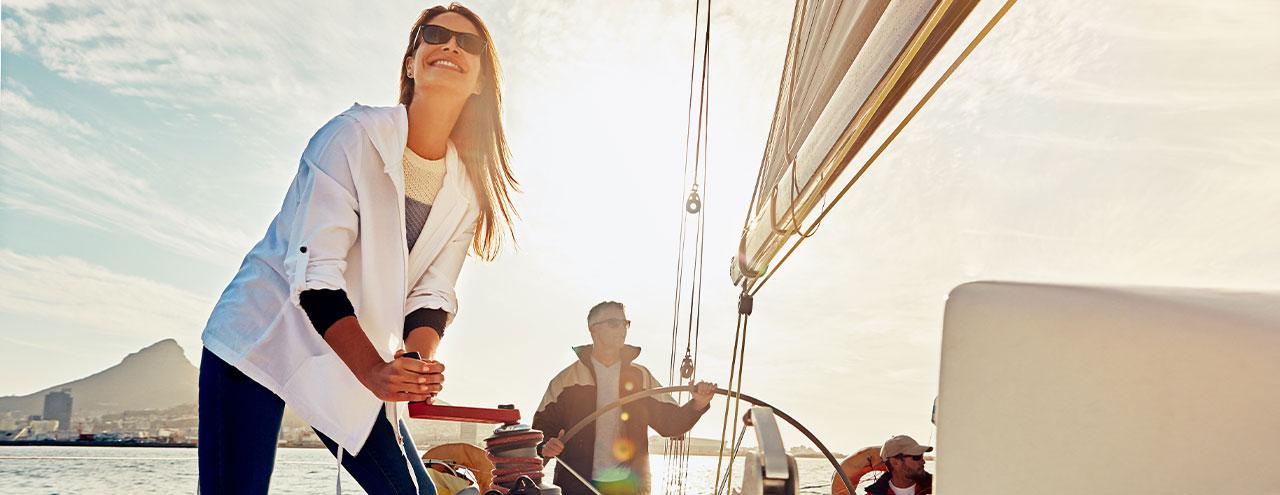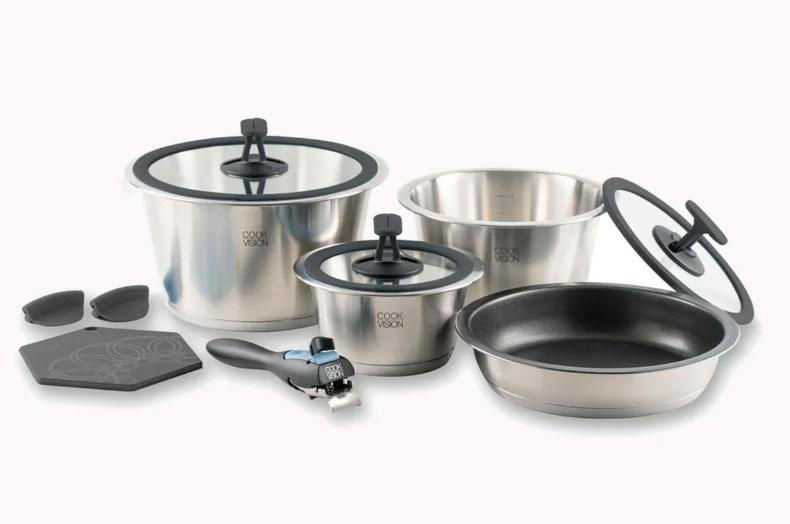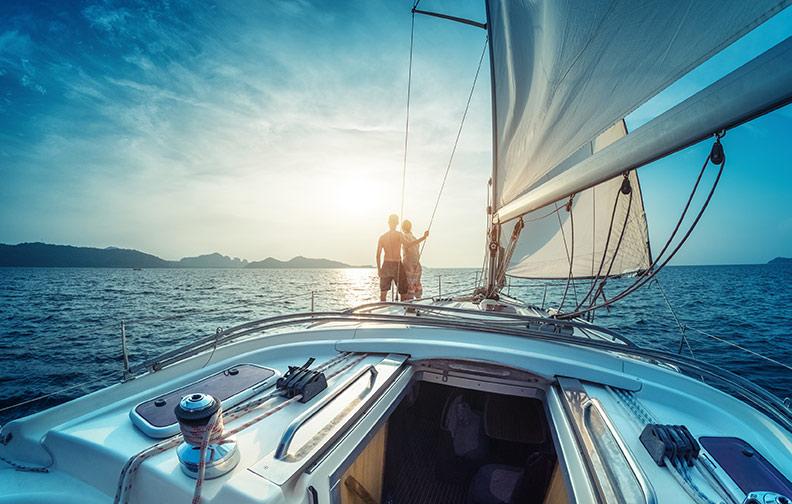The Essential International Regulations for Pleasure Boating: Everything You Need to Know Before Setting Sail

Boating is an exciting activity that attracts millions of people worldwide. Whether it's for a weekend sea outing, a long-distance cruise, or a competitive sport, boating offers a unique experience of freedom and connection with nature. However, to ensure that this experience remains enjoyable and safe, it is crucial to be aware of and adhere to the current international regulations. These rules are not merely administrative formalities but vital measures to ensure the safety of boaters, protect the marine environment, and ensure harmonious coexistence among different sea users.
Certifications and Navigation Permits
International Certificate of Competence (ICC)
The International Certificate of Competence (ICC) is a key document for any boater wishing to navigate abroad. Issued following the recommendations of the United Nations Economic Commission for Europe (UNECE), the ICC certifies that the holder has the necessary skills to operate a pleasure craft. It covers both sailing and motor navigation and is recognized in many European countries and beyond. To obtain the ICC, candidates must pass a practical and theoretical examination covering topics such as coastal navigation, sea safety, and navigation rules.
National Licenses
Each country may have its own requirements for navigation permits. In France, for example, the coastal license is mandatory for operating a motorboat over 6 horsepower in French territorial waters. There is also a offshore license for high seas navigation. In Italy, the "Patente Nautica" is required for boats over 24 meters or those equipped with a motor over 40.8 horsepower. It is important to inquire about the specific requirements of the country where you plan to sail to avoid any violations.
Mandatory Safety Equipment
Life Jackets
Life jackets are the most basic yet crucial safety equipment on board. Each person on board must have a life jacket suitable for their size and weight. It is recommended to choose CE-approved life jackets that meet European safety standards. Additionally, automatic inflatable life jackets, which inflate upon contact with water, can provide additional safety, especially for solo navigators or in challenging conditions.
Signaling Devices
Signaling devices, such as distress flares, smoke signals, and night signaling lights, are essential for attracting attention in case of emergency. It is important to regularly check the expiration date of these devices and replace them if necessary. Additionally, it is advisable to practice their use to be ready to react quickly in case of need.
Communication Equipment
A VHF radio is indispensable on board any pleasure craft. It allows communication with other vessels, port authorities, and rescue services. VHF radios can be fixed or portable, and it is recommended to have a portable radio in case of abandoning the ship. It is also advisable to register with the Maritime Mobile Service Identity (MMSI) system to benefit from automatic distress services.
First Aid Kit
A well-stocked and up-to-date first aid kit is mandatory on board. It should contain basic items such as bandages, dressings, antiseptics, seasickness medications, and other necessary items to treat minor injuries. It is also recommended to undergo basic first aid training to know how to react in case of a medical emergency.
Navigation and Safety Rules at Sea
International Regulations for Preventing Collisions at Sea (COLREG)
COLREG, or the International Regulations for Preventing Collisions at Sea, is a set of rules adopted by the International Maritime Organization (IMO) to avoid collisions between vessels. These rules define behaviors to adopt at sea, including right-of-way, light and sound signals, and navigation speed. For example, sailing vessels typically have the right of way over motor vessels, and specific signals must be used to indicate particular maneuvers, such as overtaking or crossing.
Speed Limits
Speed limits vary depending on the navigational areas. In ports and marinas, speeds are usually limited to 3-5 knots to avoid accidents and reduce wave damage. In open seas, speed limits may be higher, but it is important to always adjust speed to navigation conditions and maritime traffic density. Excessive speed can lead to collisions, capsizing, and disturbances for other sea users.
Restricted Navigation Zones
Some maritime areas are restricted or prohibited for navigation due to safety, environmental protection, or military activities. It is essential to familiarize oneself with these areas before heading to sea. For example, protected marine reserves often prohibit anchoring to preserve sensitive ecosystems, and military areas may be closed for exercises or operations. Marine charts and navigational warnings provide detailed information on these restrictions.
Protection of the Marine Environment
Waste Management
Waste management is a crucial aspect of responsible navigation. It is strictly forbidden to dispose of waste at sea, including plastics, oils, and wastewater. All waste must be stored on board and properly disposed of ashore. Many ports and marinas offer waste collection facilities, and it is important to use these services to minimize the environmental impact of navigation.
Pollution Prevention
Preventing marine pollution involves regular boat maintenance to prevent fuel, oil, or chemical leaks. Using eco-friendly cleaning products and non-toxic antifouling paints is also recommended. In the event of accidental spills, it is crucial to have cleaning kits and follow appropriate decontamination procedures.
Respect for Marine Fauna and Flora
Respect for marine fauna and flora is essential to preserve the biodiversity of the oceans. It is important not to disturb marine animals, not to anchor on coral reefs, and to maintain a safe distance from protected species. Fishing should be practiced responsibly, respecting quotas and fishing seasons, and using non-destructive equipment.
Navigating safely and in compliance with international regulations is essential to fully enjoy boating. By properly preparing and adhering to these rules, boaters can ensure their safety, that of others, and the protection of the marine environment. Whether you are an experienced sailor or a novice, it is crucial to stay informed about the regulations in force in the waters you wish to explore. By adopting a responsible attitude and following these recommendations, you will contribute to preserving the wonders of our oceans for future generations.




